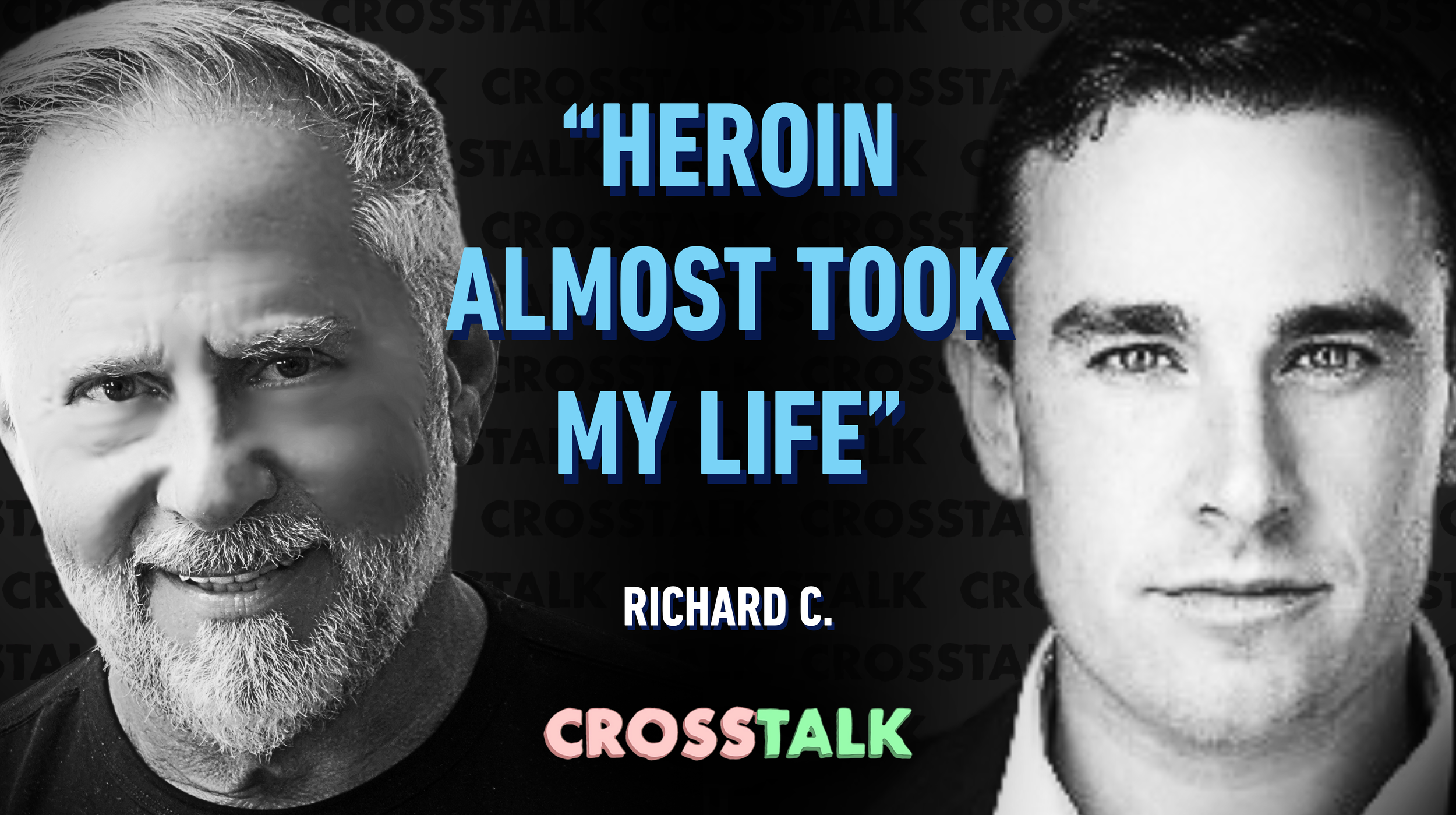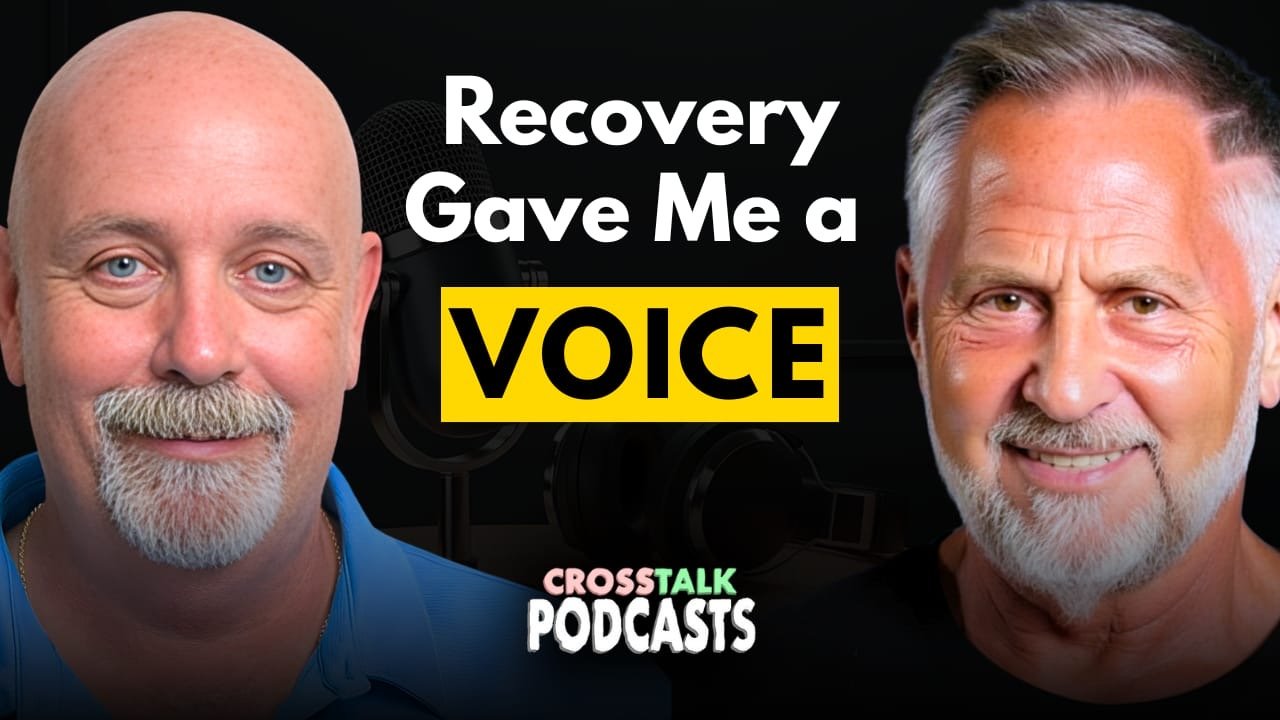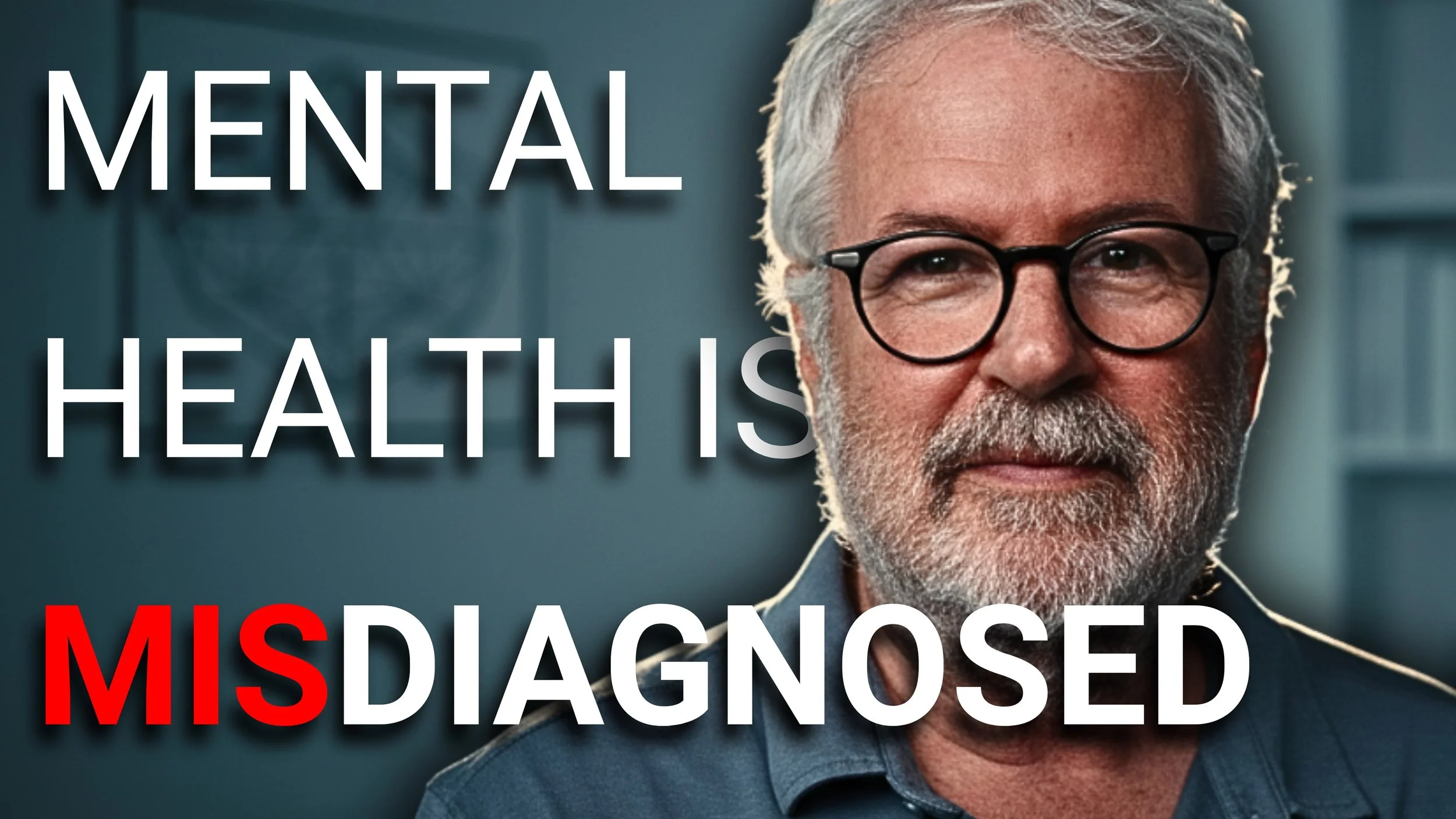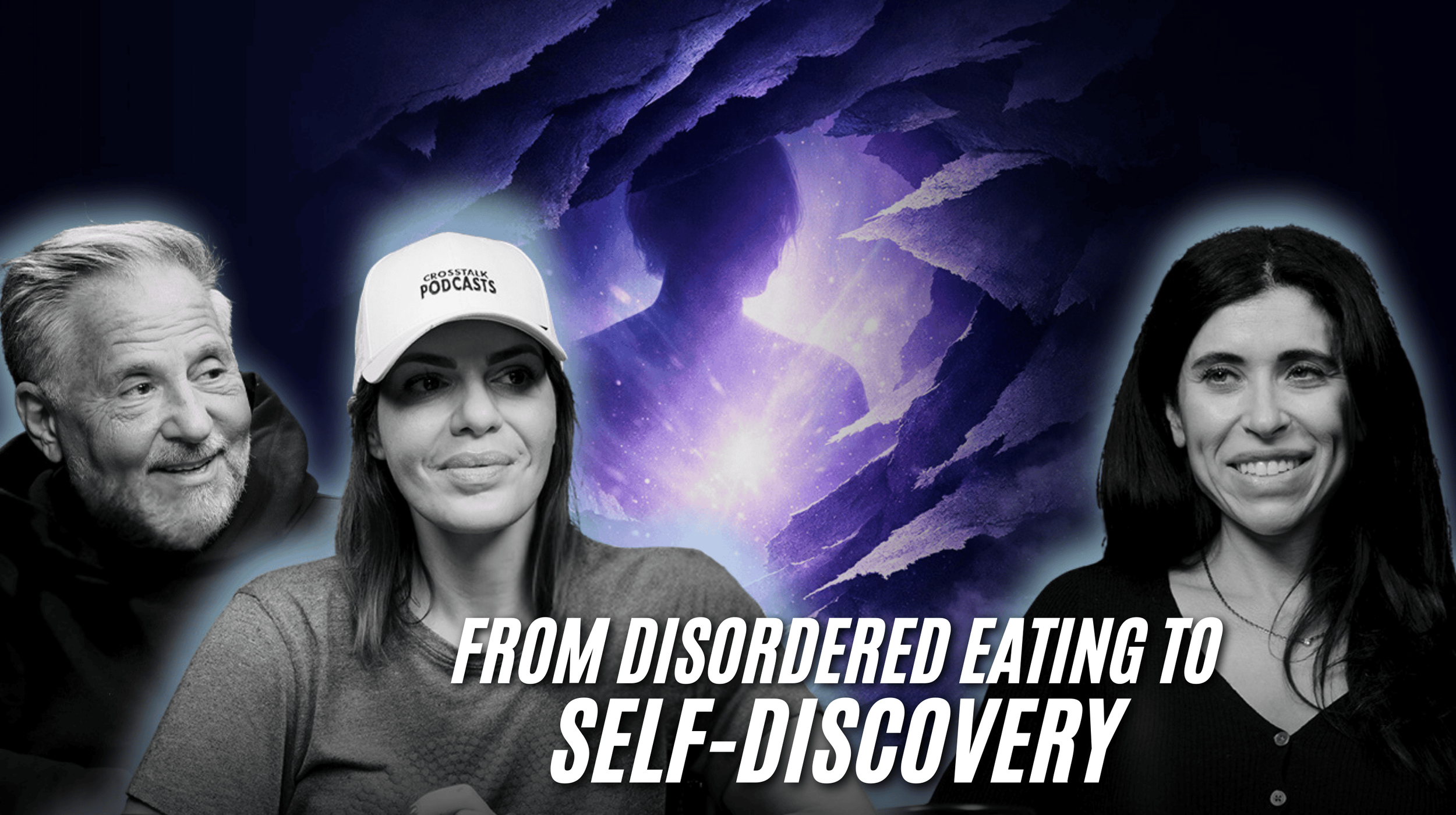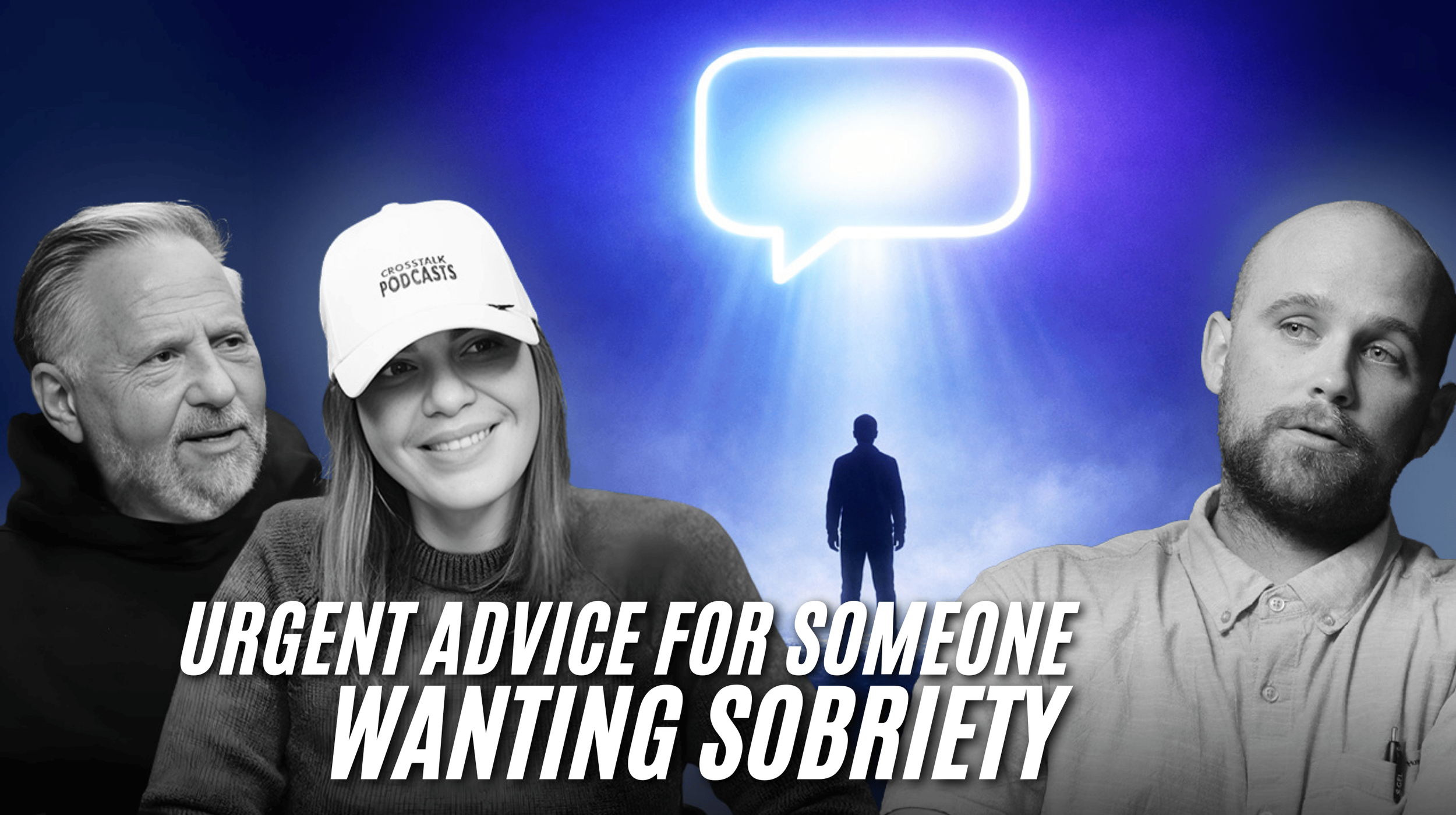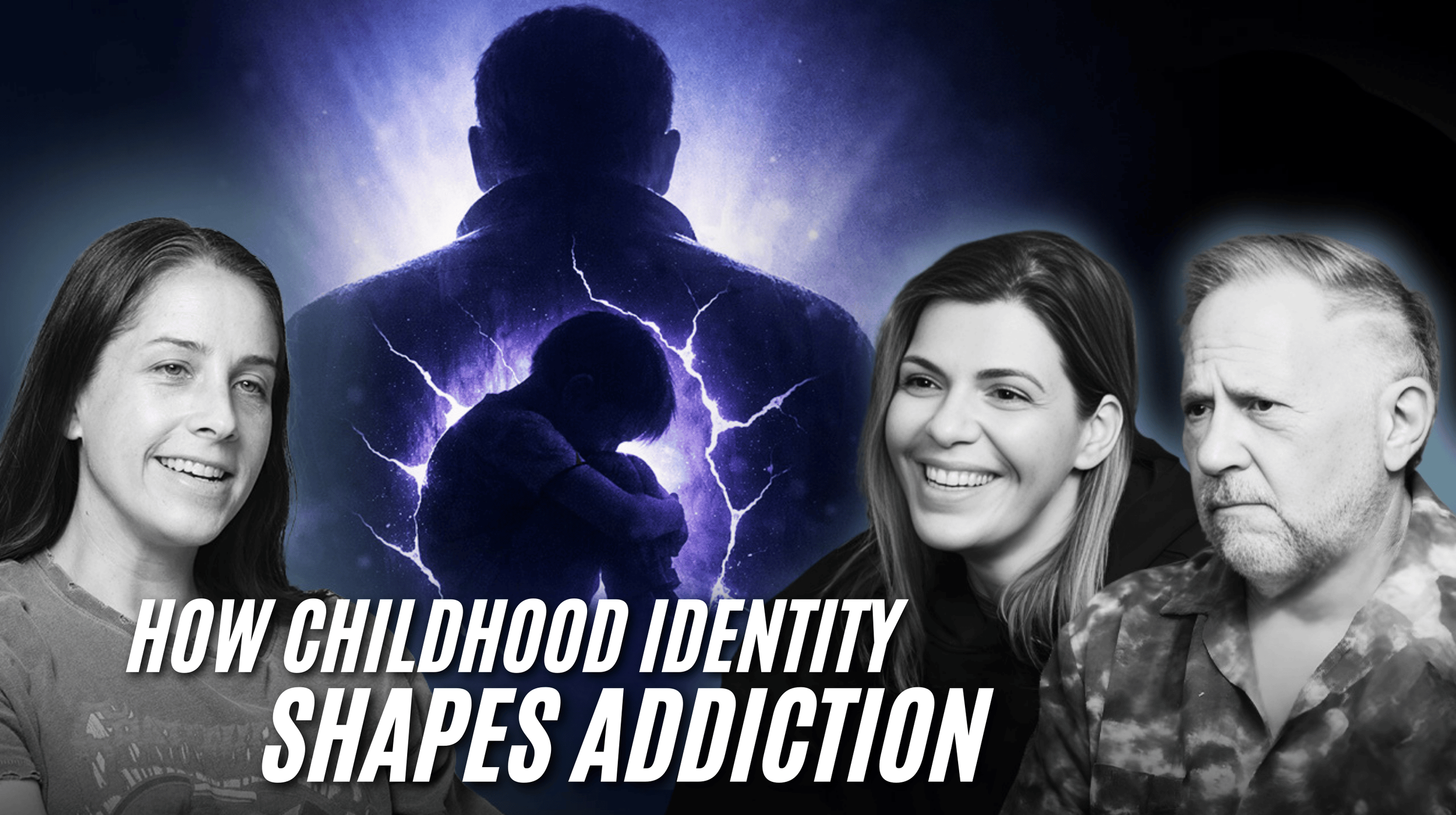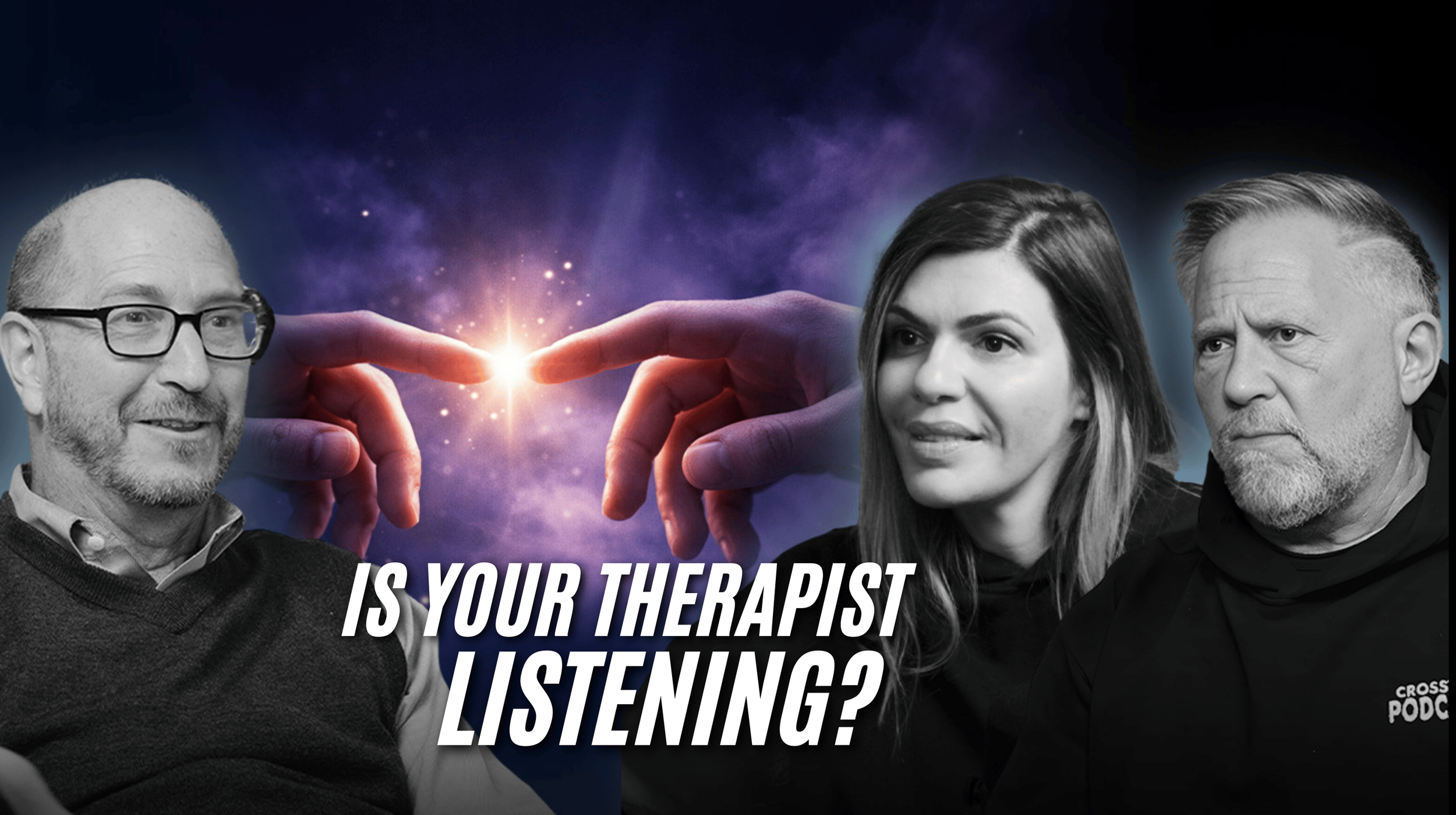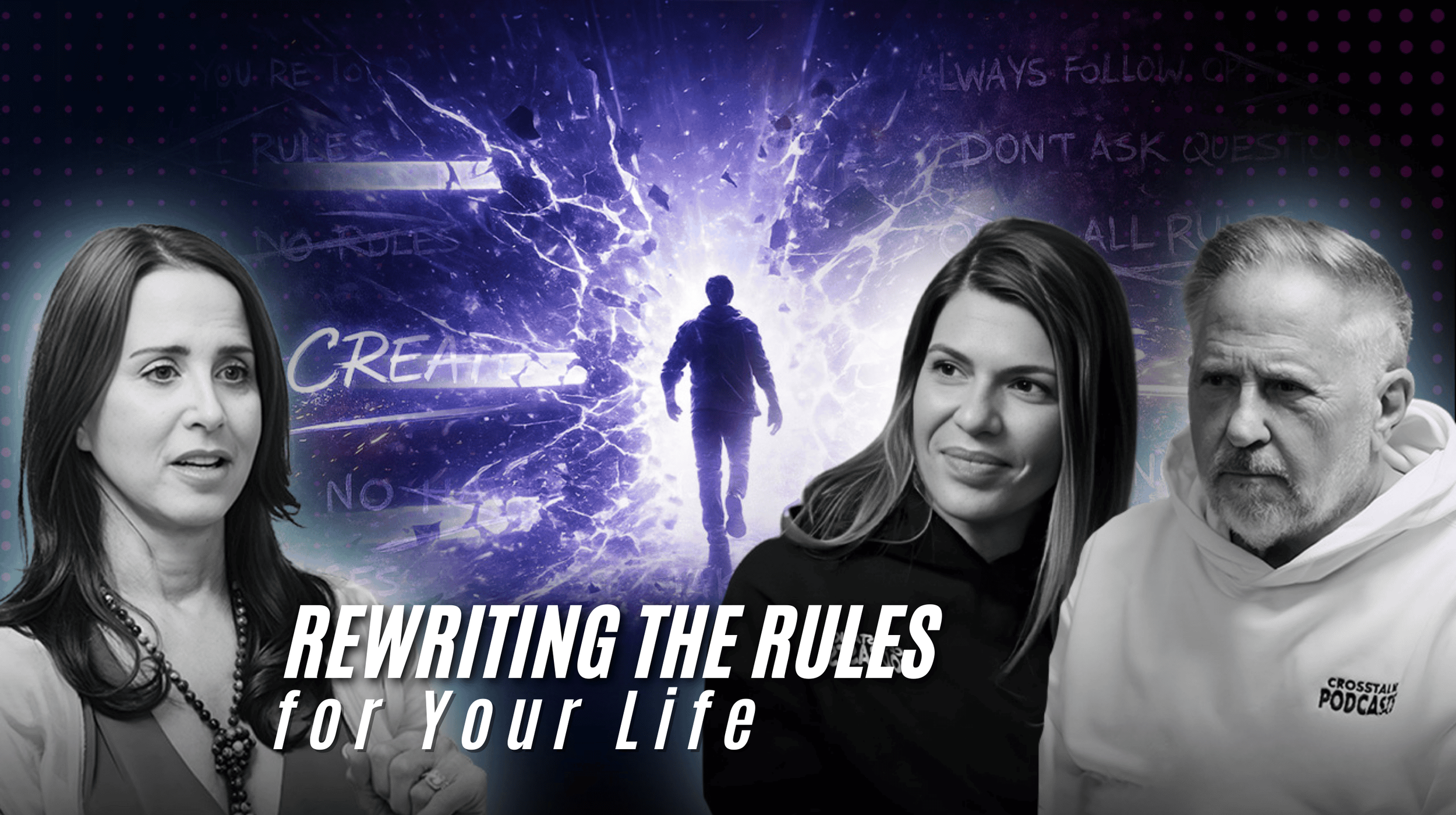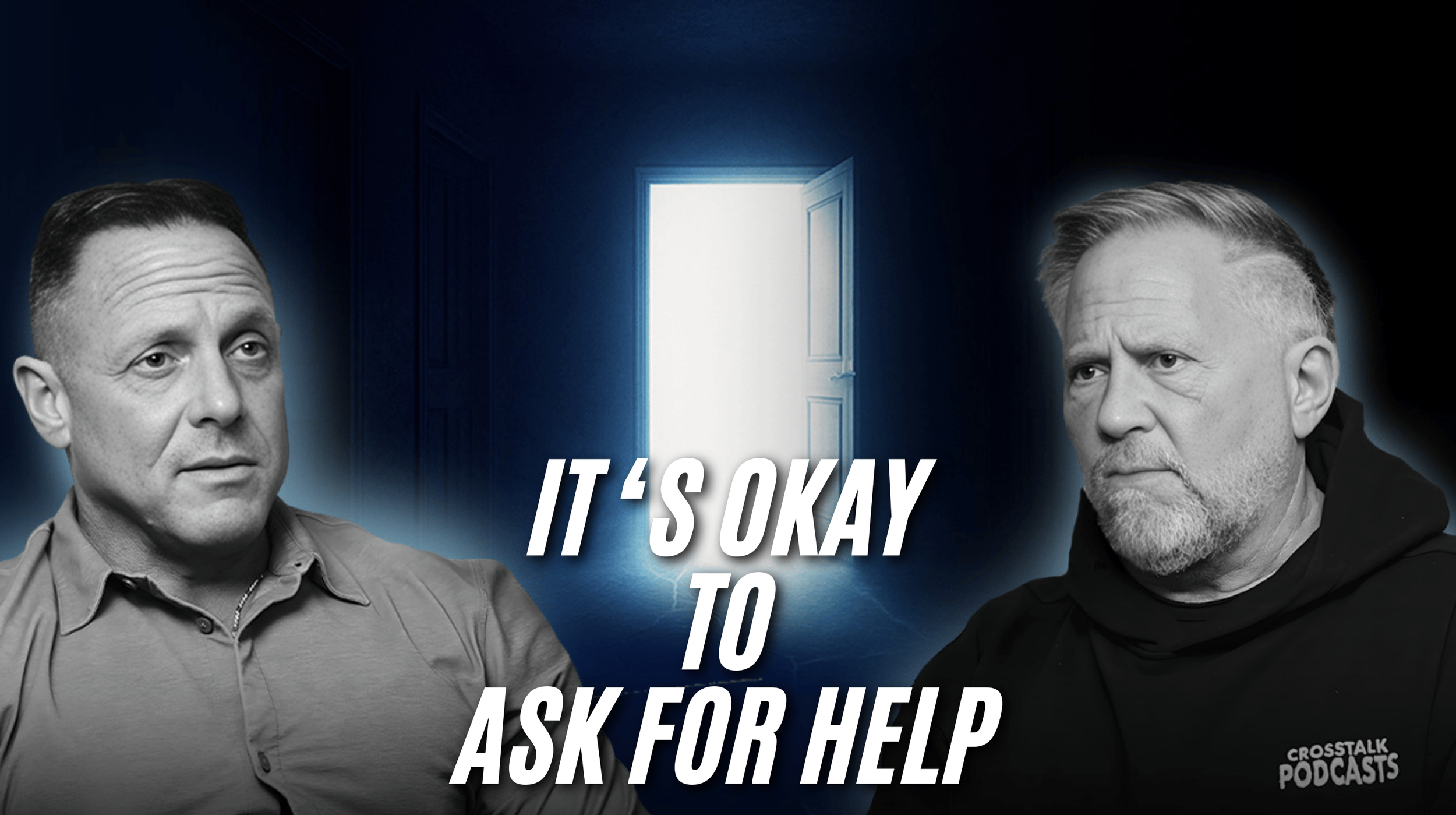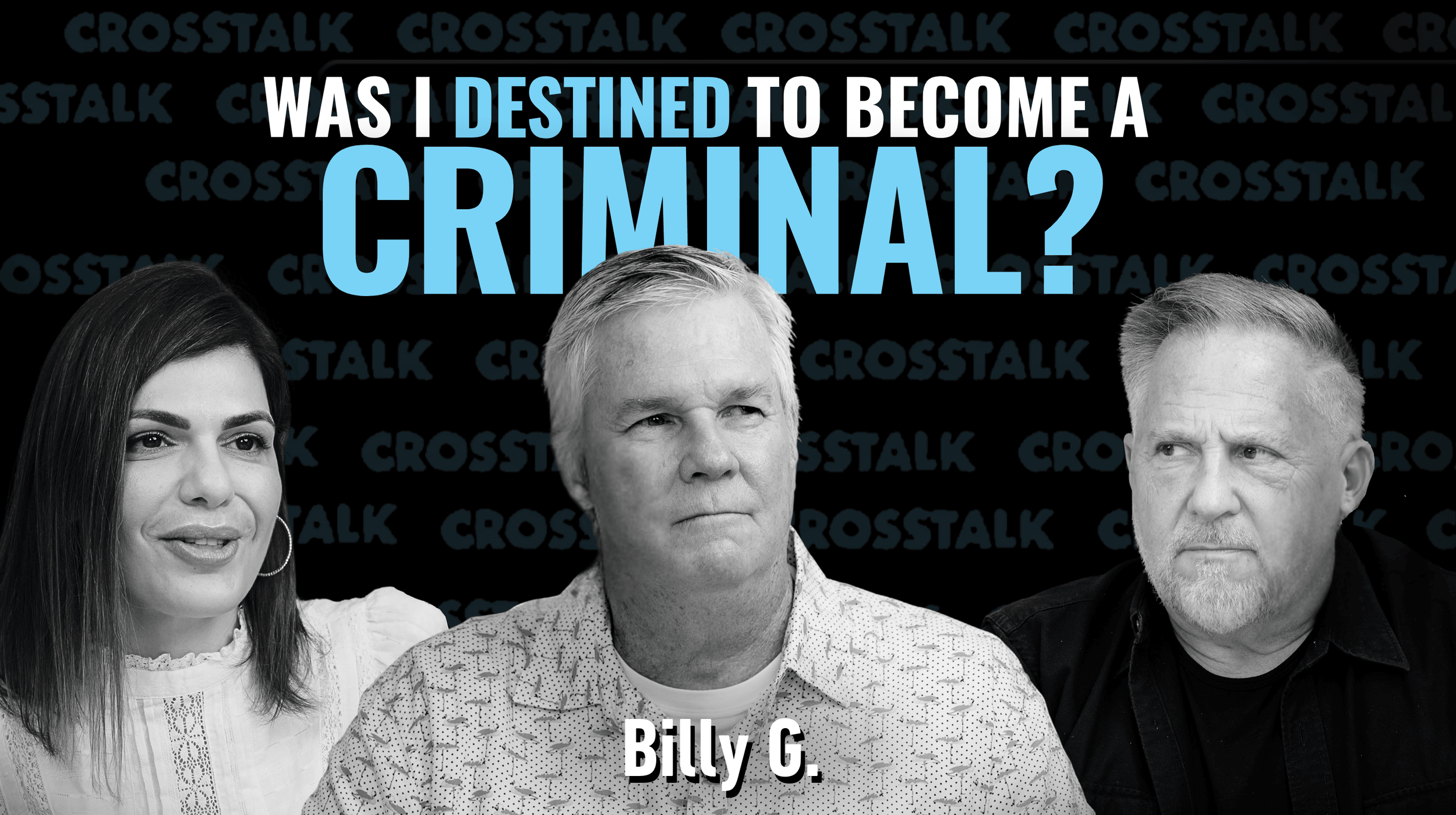LOSING Father to ALCOHOLISM made 'WEED SEEM SAFER' | from Feeling UNWANTED to a LIFE Worth LIVING
Listen or watch on your favorite platforms
Show Notes
In this episode, we hear from Richard, who grew up in a tight-knit family with deep roots in a small business. Despite the outward appearance of success, his early life was marked by a struggle to fit in, leading to a pattern of substance abuse that started in high school. As he battled the pressures of family expectations and the temptations of drugs and alcohol, his life spiraled out of control.
Early Life and Family Dynamics
Growing up in a family with a small business in a close-knit community, our guest’s childhood was marked by high expectations and the struggle to fit in. His family’s deep connections in the community and political world created an environment where he was expected to follow in the family’s footsteps, adding immense pressure to his life. Despite his outwardly privileged upbringing, he often felt out of place, leading to early feelings of inadequacy and loneliness.
The First Encounter with Substance Abuse
The first experience with alcohol occurred at the age of 16 when he and his friends decided to experiment with drinking. This initial encounter with alcohol was not just casual; it was an introduction to a coping mechanism that he would rely on for years. The thrill of rebellion and the escape it provided fueled a desire to continue, setting the stage for what would become a pattern of blackout drinking and substance abuse.
Active Addiction and Its Consequences
During high school and college, his substance use escalated from weekend drinking to daily use of alcohol, marijuana, and eventually stimulants like Adderall. His academic performance and personal life began to suffer, but the pressure to maintain appearances and the denial of his growing addiction kept him trapped in a cycle of use and shame. The consequences of his actions began to manifest in strained family relationships, legal troubles, and a growing sense of isolation.
Hitting Bottom
The lowest point came when he was forced to confront his father’s alcoholism during an intervention while he himself was high. The hypocrisy of the situation was not lost on him, and it marked a pivotal moment in his life. As his father’s health declined, so did his own sense of control. The guilt and shame of watching his father struggle while he continued to spiral added to the weight of his addiction. This period was characterized by intense inner turmoil and the realization that he was on a path of self-destruction.
Seeking Help
The decision to seek help came after a series of devastating events, including his father’s death. Feeling lost and without purpose, he turned to his family, who were also in recovery, for support. This led him to a long-term treatment program where he began the difficult work of rebuilding his life. The experience of treatment, coupled with the support of a new community, allowed him to confront his addiction head-on and commit to a life of sobriety.
Life Today
Today, he is sober and thriving, having completed law school and found a calling in helping others navigate the challenges of addiction. His work is deeply rooted in the lessons he learned through his own journey, and he is passionate about providing others with the tools they need to achieve and maintain sobriety. He shares that his life is now filled with purpose, connection, and a sense of fulfillment that he never imagined possible during his darkest days. His story is a powerful testament to the possibility of change and the strength that comes from facing one’s demons and choosing life.
FAQs
What are the signs that someone is struggling with substance abuse? Signs can include changes in behavior, neglecting responsibilities, secrecy, and physical symptoms like bloodshot eyes or sudden weight loss.
How does substance abuse impact family dynamics? Substance abuse often creates tension, mistrust, and breakdowns in communication within families, sometimes leading to long-term emotional damage.
Can someone be forced into treatment against their will? In some states, like Florida, legal provisions such as the Marchman Act allow for court-ordered treatment in cases where individuals are unwilling to seek help.
What is the importance of community in recovery? Community provides crucial support, accountability, and encouragement, which are essential for maintaining long-term sobriety.
How can families support a loved one in recovery? Families can support by educating themselves about addiction, attending therapy or support groups, and encouraging their loved one to seek professional help.
Related episodes
ABOUT CROSSTALK
CROSSTALK reveals real stories of everyday people and notable figures, sharing their journeys from struggles to life-changing 'aha' moments with all kinds .


